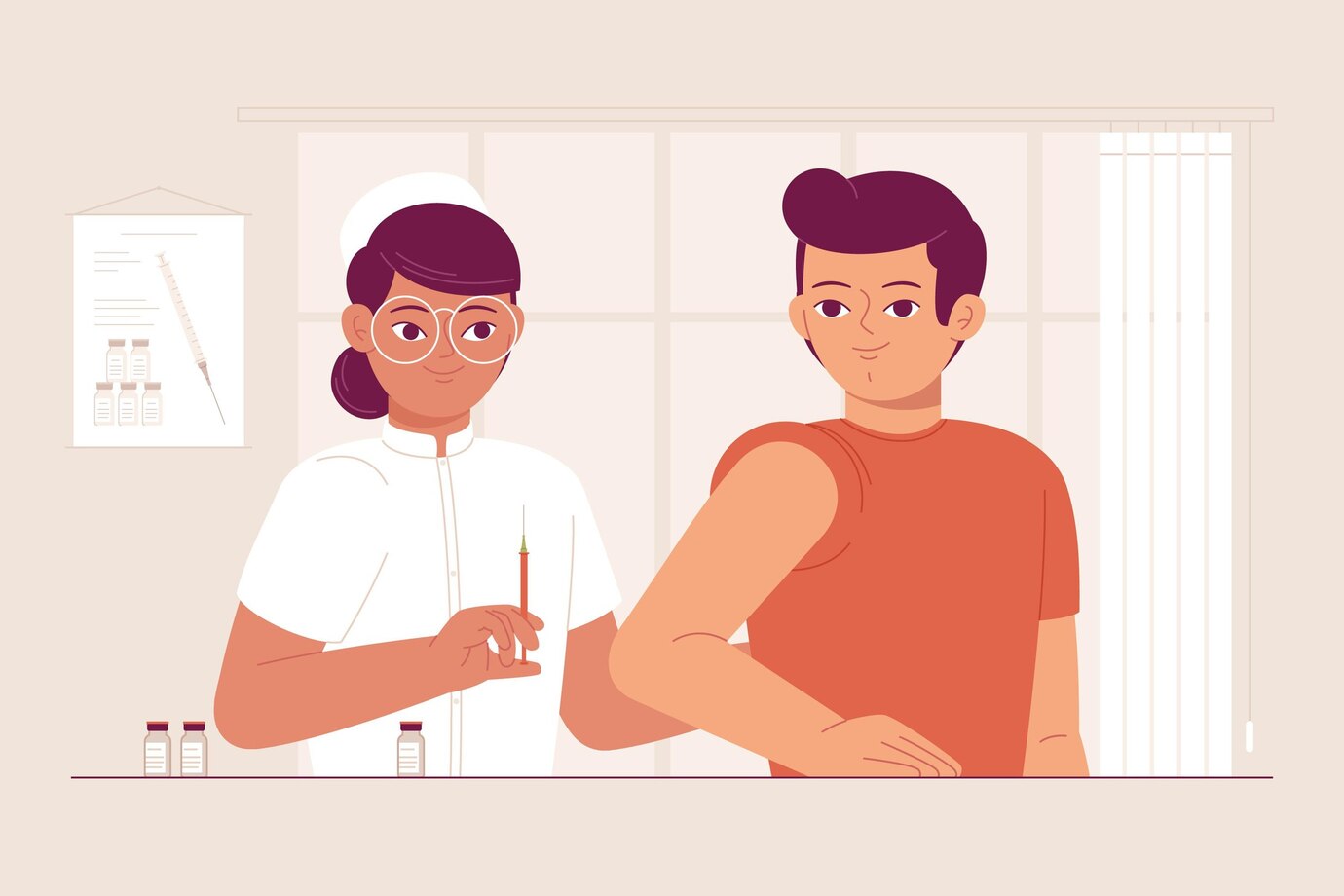
Understanding Atopic Dermatitis Complications: Risks and Effects
Living with atopic dermatitis, also known as eczema, means dealing with more than just irritated skin. Sometimes, complications can arise, making managing the condition even more challenging. Let’s explore some of these complications—secondary infections, lichenification, and psychosocial effects—and what they mean for those with eczema.
Secondary Infections
When eczema causes breaks in the skin, it becomes more vulnerable to bacterial, viral, or fungal infections. These infections can worsen eczema symptoms and lead to further discomfort. Signs of a secondary infection may include increased redness, warmth, swelling, and oozing of the affected skin.
To prevent secondary infections:
- Keep your skin clean and moisturized to maintain its protective barrier.
- Avoid scratching or picking at eczema lesions to prevent further skin damage.
- Use prescribed medications, such as topical antibiotics or antifungals, as directed by your healthcare provider to treat infections promptly.
Lichenification
Lichenification refers to thickened, leathery skin that develops as a result of chronic scratching or rubbing of eczema-affected areas. This can occur when eczema goes untreated or when individuals continuously scratch their skin in response to itching. Lichenification can further compromise the skin barrier and lead to more severe eczema symptoms.
To manage lichenification:
- Practice gentle skincare routines to minimize irritation and reduce the urge to scratch.
- Use emollients and moisturizers regularly to keep the skin hydrated and prevent dryness.
- Seek medical advice if lichenified areas become inflamed or infected, as they may require specialized treatment.
Psychosocial Effects
The impact of atopic dermatitis extends beyond physical discomfort, affecting one’s emotional and social well-being. Living with eczema can lead to feelings of embarrassment, low self-esteem, anxiety, and depression.
It may also interfere with social activities, relationships, and daily functioning.
To address psychosocial effects:
- Seek support from friends, family, or mental health professionals who understand the challenges of living with eczema.
- Join support groups or online communities to connect with others facing similar experiences and share coping strategies.
buy champix online https://physiciansalliance.com/wp-content/uploads/2023/04/png/champix.html no prescription pharmacy
- Practice self-care activities, such as relaxation techniques, hobbies, and stress management, to improve overall well-being.
Conclusion
While managing atopic dermatitis can be challenging, understanding and addressing potential complications is essential for maintaining skin health and overall quality of life. By staying vigilant for signs of secondary infections, preventing lichenification, and addressing psychosocial effects, individuals with eczema can effectively manage their condition and thrive.
To seek medical advice, always consult a Doctor.
Here are our recommended EXPERTS. Click here
To read more on SKIN. Click Here


